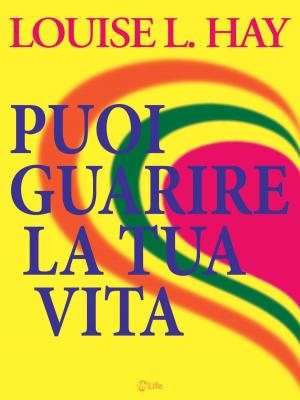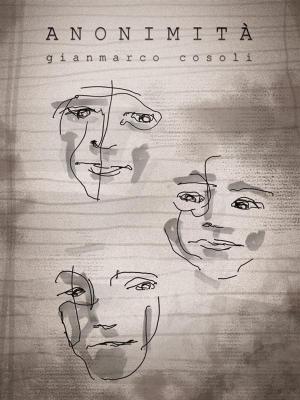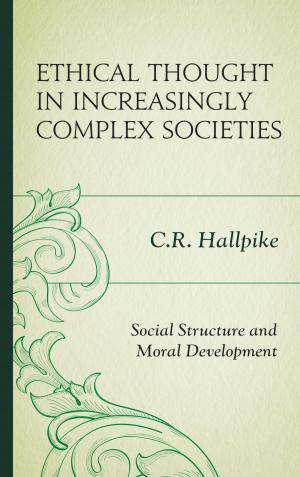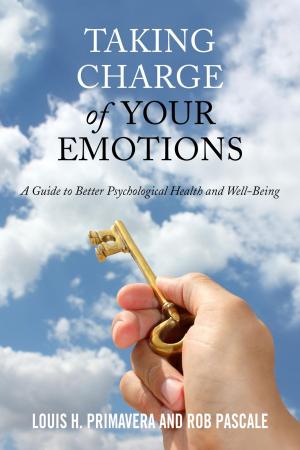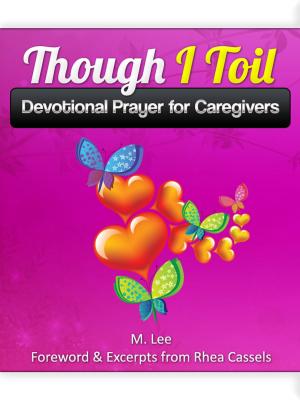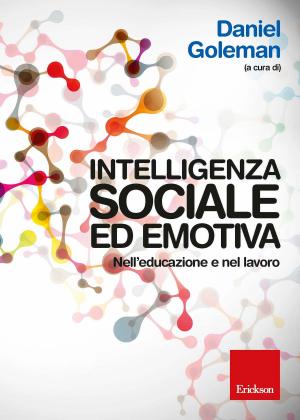| Author: | Nkateko Masinga | ISBN: | 9780620703062 |
| Publisher: | Nkateko Masinga | Publication: | September 17, 2016 |
| Imprint: | Smashwords Edition | Language: | English |
| Author: | Nkateko Masinga |
| ISBN: | 9780620703062 |
| Publisher: | Nkateko Masinga |
| Publication: | September 17, 2016 |
| Imprint: | Smashwords Edition |
| Language: | English |
'A War Within The Blood' deals broadly with an issue that a lot of us struggle to talk about: mental illness.
In the same way that I tried to talk openly about racism and xenophobia in 'The Sin In My Blackness,' I wanted the poetry in 'A War Within The Blood' to reflect the same level of honesty. Writing this book was like approaching a door marked "Do Not Enter" and instead of obeying the sign, I walked in:
Inside, Depression was sitting on a chair labelled 'Crazy.' Anxiety was leaning against a wall with the word 'Unstable' smeared across it in red paint. Suicidality was lying on a bed with 'Dangerous' scrawled across the pillowcase with a permanent marker.
What I'm trying to say is this: we label people. We label them consciously and unconsciously. We label them when a child points and asks “Mommy, why is that man undressing on the street and talking to himself?” which we respond to by saying “He’s crazy. He’s a madman.” We label them when a friend is hospitalized for depression and we whisper “We all have problems. Can’t she snap out of it?” It’s all of this and more. We label publicly and privately. In our dining rooms, in our churches. Speaking of which, a lot of people say depression has no place in the church, but instead of praying for people, we join the world in shaming them. We watch the news and follow court proceedings, waiting for a psychiatrist to give a person a label we can use without seeming insensitive.
A friend of mine refers to depression as "a winter of the soul." This friend is so intentional about loving people out of their winter that I often worry that he does too much emotional labour for people who are often too ill to appreciate it. But what he does is more beneficial than shunning them. Another friend often says “The world is unstable. You are perfect in it.” Instead of shaming a person, she shames the system that says they are mad.
A brief rotation in the psychiatry specialty in March 2016 gave me a perspective on mental illness that I never had before. I am careful with my labeling. When the word “mad” threatens to spill out of my mouth, I stop. What is madness anyway? I have learned to question the theory of intactness. Are the rest of us perfect, when we call others mad? The bones in ALL our skulls are held together by fibrous bands called cranial sutures. Do we not use sutures to stitch together broken things? So, being born broken ourselves, how and why do we claim superiority over others?
In the book ‘Questions For Ada’ by Ijeoma Umebinyuo, she writes the following:
“I have always wondered
How women who carry war
Inside their bones
Still grow flowers
Between their teeth.”
People with mental illnesses carry war in their bones. In their blood too. But there are flowers growing between their teeth too. Flowers we will not see if we don’t stay long enough to see them smile through their pain.
'A War Within The Blood' deals with the battles we carry inside and outside our bodies, the weapons we use to fight them and how, despite how we hurt ourselves in the process, life allows us to collect our own bones from the grave of hopelessness and grow back our flesh with love.
'A War Within The Blood' deals broadly with an issue that a lot of us struggle to talk about: mental illness.
In the same way that I tried to talk openly about racism and xenophobia in 'The Sin In My Blackness,' I wanted the poetry in 'A War Within The Blood' to reflect the same level of honesty. Writing this book was like approaching a door marked "Do Not Enter" and instead of obeying the sign, I walked in:
Inside, Depression was sitting on a chair labelled 'Crazy.' Anxiety was leaning against a wall with the word 'Unstable' smeared across it in red paint. Suicidality was lying on a bed with 'Dangerous' scrawled across the pillowcase with a permanent marker.
What I'm trying to say is this: we label people. We label them consciously and unconsciously. We label them when a child points and asks “Mommy, why is that man undressing on the street and talking to himself?” which we respond to by saying “He’s crazy. He’s a madman.” We label them when a friend is hospitalized for depression and we whisper “We all have problems. Can’t she snap out of it?” It’s all of this and more. We label publicly and privately. In our dining rooms, in our churches. Speaking of which, a lot of people say depression has no place in the church, but instead of praying for people, we join the world in shaming them. We watch the news and follow court proceedings, waiting for a psychiatrist to give a person a label we can use without seeming insensitive.
A friend of mine refers to depression as "a winter of the soul." This friend is so intentional about loving people out of their winter that I often worry that he does too much emotional labour for people who are often too ill to appreciate it. But what he does is more beneficial than shunning them. Another friend often says “The world is unstable. You are perfect in it.” Instead of shaming a person, she shames the system that says they are mad.
A brief rotation in the psychiatry specialty in March 2016 gave me a perspective on mental illness that I never had before. I am careful with my labeling. When the word “mad” threatens to spill out of my mouth, I stop. What is madness anyway? I have learned to question the theory of intactness. Are the rest of us perfect, when we call others mad? The bones in ALL our skulls are held together by fibrous bands called cranial sutures. Do we not use sutures to stitch together broken things? So, being born broken ourselves, how and why do we claim superiority over others?
In the book ‘Questions For Ada’ by Ijeoma Umebinyuo, she writes the following:
“I have always wondered
How women who carry war
Inside their bones
Still grow flowers
Between their teeth.”
People with mental illnesses carry war in their bones. In their blood too. But there are flowers growing between their teeth too. Flowers we will not see if we don’t stay long enough to see them smile through their pain.
'A War Within The Blood' deals with the battles we carry inside and outside our bodies, the weapons we use to fight them and how, despite how we hurt ourselves in the process, life allows us to collect our own bones from the grave of hopelessness and grow back our flesh with love.


